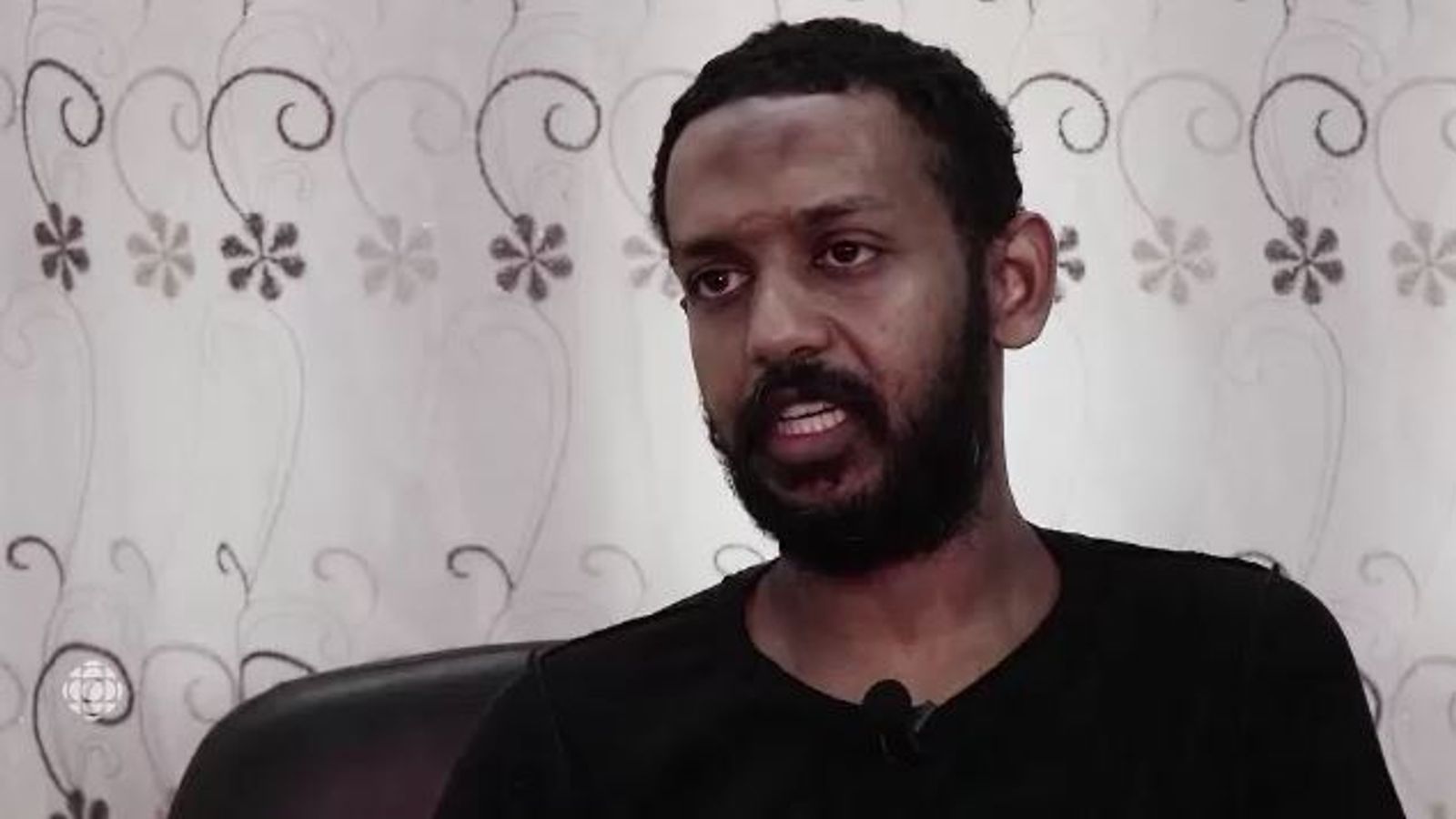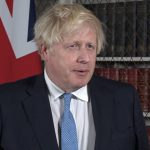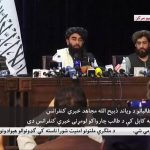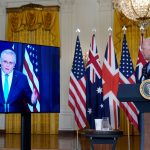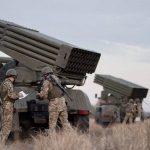A Canadian man has been charged with helping Islamic State, accused of fighting and narrating recruitment videos for the group.
Saudi-born Mohammed Khalifa was described by the US Department of Justice as a “leading figure” in the terrorist group’s English language media unit.
Prosecutors said the unit produced videos such as the ones showing the beheadings of Western aid workers and journalists, including Britons Alan Henning and David Haines.
Khalifa, 38, was captured in January 2019 by the US-backed Syrian Democratic Forces, following a firefight in Syria where he was throwing grenades.
He was recently arrested by the FBI and charges against him were unsealed in the US District Court for the Eastern District of Virginia on Saturday.
Raj Parekh, acting US attorney, described Khalifa as “the voice behind the violence”.
He added: “Through his alleged leading role in translating, narrating, and advancing ISIS’s online propaganda, Khalifa promoted the terrorist group, furthered its worldwide recruitment efforts, and expanded the reach of videos that glorified the horrific murders and indiscriminate cruelty of ISIS.”
Islamic State: France says it has killed Adnan Abu Walid al Sahrawi, the terror group’s leader in the Greater Sahara
9/11 anniversary: Twenty years since the attack on the Twin Towers, the impact is still felt in the Middle East
Hisham Chaudhary: Bitcoin jihadist jailed for 12 years after sending £55,000 to Islamic State
The court documents allege that Khalifa arrived in Syria in spring of 2013, joining Islamic State in November that year.
Being fluent in English and Arabic, he was recruited by the terror group’s media bureau the following year, where he helped to produce and spread IS propaganda.
Prosecutors described him as a “prominent figure” in the bureau, being involved in approximately 15 videos, including narrating two of the most violent – Flames Of War: Fighting Has Just Begun and Flames Of War II: Until The Final Hour.
The two videos were described as “influential and exceedingly violent” and were used to encourage attacks against other countries.
If convicted, Khalifa could be jailed for life, although the Department of Justice said actual sentences for federal crimes “are typically less than the maximum penalties”.
